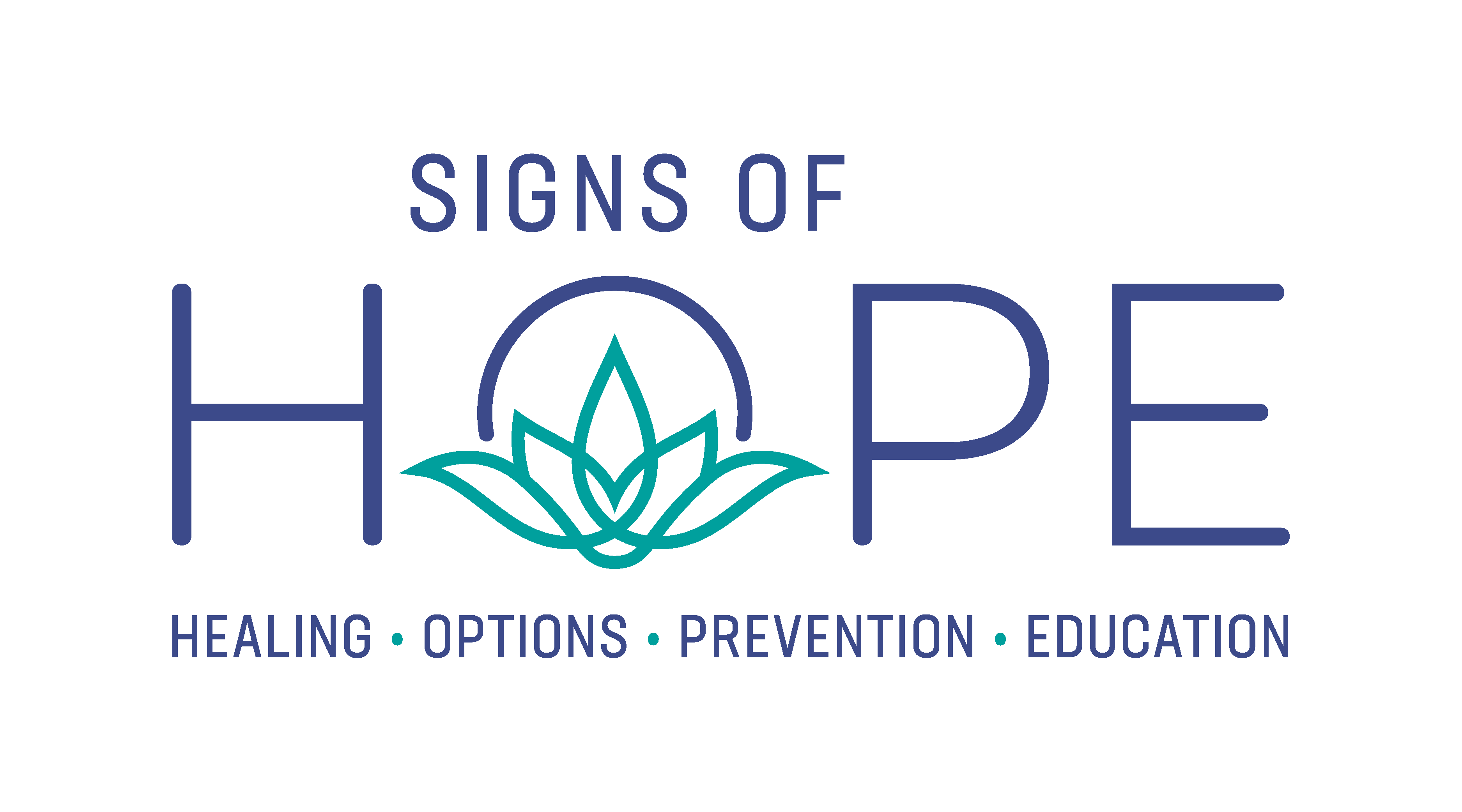Earlier this month, the 5th US Circuit Court of Appeals restored the Texas ban on abortions after six weeks. Dr. Alan Braid of San Antonio is already facing multiple lawsuits under the “bounty hunting” provision of the ban, which allows any private citizen to sue a person who in some way assists or facilitates a patient’s access to abortion services to the tune of $10,000.
This law is troubling enough even before noting the lack of exceptions for rape or incest. But this law doesn’t just leave out victims of sexual violence. It’s even worse because it actively empowers abusers by offering them a new set of tools with which to intimidate and control victims. This bounty hunting provision is clearly an attempt to intimidate doctors away from providing this legal, constitutionally protected medical procedure, and to frighten possible support people away from assisting patients seeking care. But it’s not only the state of Texas and its’ deputized citizens who now wield that power to intimidate.
This law does omit the person obtaining the abortion as a possible target for these law suits. However, we know that abusers are not going to be honest with their victims about the nuances of the law when using it as a tool of coercion.
Perpetrators of sexual violence, abusive partners, and even human traffickers now have the threat of a $10,000 law suit to hold over victims’ heads. They can threaten victims with this legal consequence if they attempt to end an unwanted pregnancy. They can also use this law to further isolate victims by telling them that no one else will help or support them due to the risk of being sued.
By first limiting access to abortion and then creating the threat of significant legal and financial consequences if an abortion is successfully obtained, the state of Texas is now essentially allowing abusers to commit reproductive coercion and force unwanted pregnancy on victims with impunity. The state has effectively taken away victims’ ability to control their own reproduction, and discouraged them from seeking help and support from others.
The lack of a federal law protecting the right to an abortion means that there is no safety mechanism to prevent state laws like this one in Texas from taking effect. Gaps in federal protections have been an ongoing problem for the issue of intimate partner violence overall. For example, older incarnations of VAWA failed to address the jurisdictional barriers to justice for Indigenous women who experienced sexual violence. Also, there is no federal law restricting gun ownership for people who have been the subject of domestic violence restraining orders. The lack of explicit legal protections at the federal level frequently leaves victims exposed to violence and unable to get justice.
It is because of these wide gaps in protection against violence, where one’s vulnerability to abuse and exploitation and one’s access to justice can vary widely from state to state, that federal laws are so incredibly crucial. Federal law supersedes state law, so when federal laws codify specific protections they close the gaps left by varying state laws and override state laws that create more danger (like the Texas abortion ban).
Advocating for federal laws like the Women’s Health Protection Act and the Violence Against Women Act is a powerful way to support victims and survivors. When we codify these essential rights and protections at the federal level, we can increase safety for people within and beyond our own communities.


